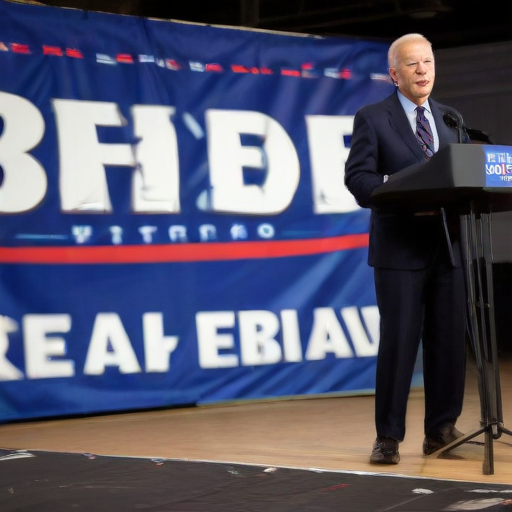In a significant development for the Democratic Party, President Joe Biden has formally withdrawn from the race for reelection, following intense pressure regarding his performance in recent debates, particularly against former President Donald Trump. In a statement issued on Sunday, he endorsed Vice President Kamala Harris, who has expressed her intention to continue her candidacy with the backing of prominent Democratic figures, including California Governor Gavin Newsom and Pennsylvania Governor Josh Shapiro.
Goldman Sachs has assessed that Harris’ economic policies, should she become the Democratic presidential nominee, are unlikely to diverge significantly from Biden’s. The analysis by Goldman Sachs, spearheaded by chief economist Jan Hatzius, indicates that there will not be a substantial shift in the Democrats’ fiscal and trade policies.
The transition from Biden to Harris is predicted to marginally enhance the Democrats’ chances of winning the White House, with Goldman estimating those odds to be just below 40%. Looking ahead, crucial fiscal decisions loom, particularly regarding tax policies as the expiration of certain provisions from the Tax Cut and Jobs Act approaches.
Goldman has projected several key tax changes that could emerge from a potential Biden administration, including an increase in the tax rate for high earners and adjustments to corporate tax rates. Specifically, they note a proposed tax rate of 39.6% for individuals making over $400,000, an increase in the corporate tax rate to 28%, and a higher tax rate for Social Security and Medicare on high incomes.
As the landscape for vice presidential nominees evolves, speculation has arisen regarding potential candidates, including governors Shapiro, Roy Cooper of North Carolina, Andy Beshear of Kentucky, and Arizona Senator Mark Kelly.
This political shift signals a crucial moment for the Democratic Party, with the potential for Harris to not only carry forth Biden’s policies but also bring her unique perspective to the forefront. As the election cycle progresses, it’s essential for voters to stay informed about the evolving strategies and platforms that could shape the nation’s economic future.
Overall, this development offers a glimpse of continuity in the Democratic approach to economic policy while providing an avenue for new leadership that could rejuvenate the party’s base and expand its appeal ahead of the election.
